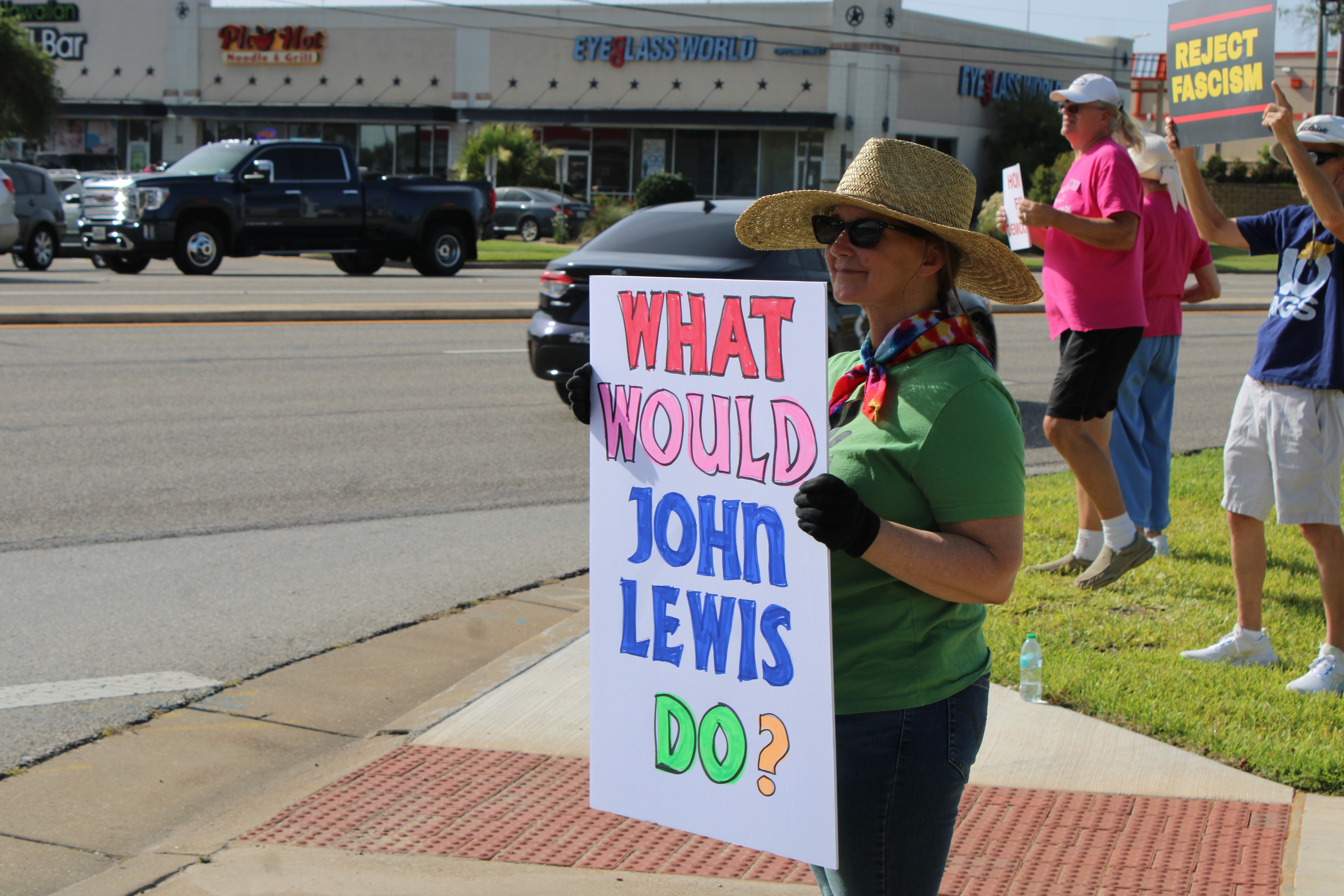Thursday’s debates should inform voters
Published 9:20 pm Monday, August 3, 2015
In two days, Fox News will host the first debates of the 2016 Republican presidential primary. Voters should be looking for two things out of the event: light and heat. The debates should enlighten voters to the actual plans and positions of GOP candidates, and they should put candidates in the hot seat, to give voters a glimpse of how they’ll respond to high-pressure situations.
Because there are so many declared candidates, Thursday’s event will actually include two debates — one for the front-runners, and one for candidates who are polling lower.
Trending
Anchors Bret Baier, Megyn Kelly and Chris Wallace will serve as moderators. They’re pros, but the debates shouldn’t be about them. Their job will be to press candidates for specifics.
And frankly, we have precious few of those now. Sure, these are early days, and we have months to go before a single primary ballot is cast.
Take Donald Trump, who is leading many polls. So far, he’s a political phenomenon — but also a political mystery. What does he actually believe? What are his actual policy positions? No one knows — not even his friends.
“Dallas Mavericks owner Mark Cuban had nothing but praise for fellow billionaire Donald Trump in a recent post on social media,” Business Insider reports. “Cuban, writing on his Cyber Dust app, said the Republican presidential candidate was ‘probably the best thing to happen to politics in a long long time.'”
But why? Cuban has no idea.
“I don’t care what his actual positions are,” Cuban wrote. “I don’t care if he says the wrong thing. He says what’s on his mind. He gives honest answers rather than prepared answers. This is more important than anything any candidate has done in years.”
Trending
Cuban is wrong — policy matters. Plans are important. Trump may be refreshing as a campaigner, but when campaigns end, governing must begin. And we have no idea of how he would govern.
The same can be said of the other candidates, to greater and lesser degrees. Some, such as Sen. Ted Cruz and Sen. Rand Paul can truly be called “policy wonks” (“wonk” is “know” backwards, so a policy wonk knows policy backward and forward).
They have many of their positions clearly laid out on their websites — but not all. Others, such as former Texas Gov. Rick Perry and former Florida Gov. Jeb Bush, have broad outlines rather than detailed specifics.
The debates should allow all candidates to make their plans clear.
A second important purpose of the debates is to put candidates in a high-pressure situation — because the job they’re seeking is filled with them. How will they respond?
To go back to Trump, what we’ve seen so far is that he doesn’t like being challenged. Will he resort to name-calling, or will he defend his positions?
And who can forget Perry’s stumbles in the 2012 debates? Will he be better prepared this time?
Thursday’s debates will be important; but that importance won’t be measured in zingers or applause lines. Look for light and heat.







